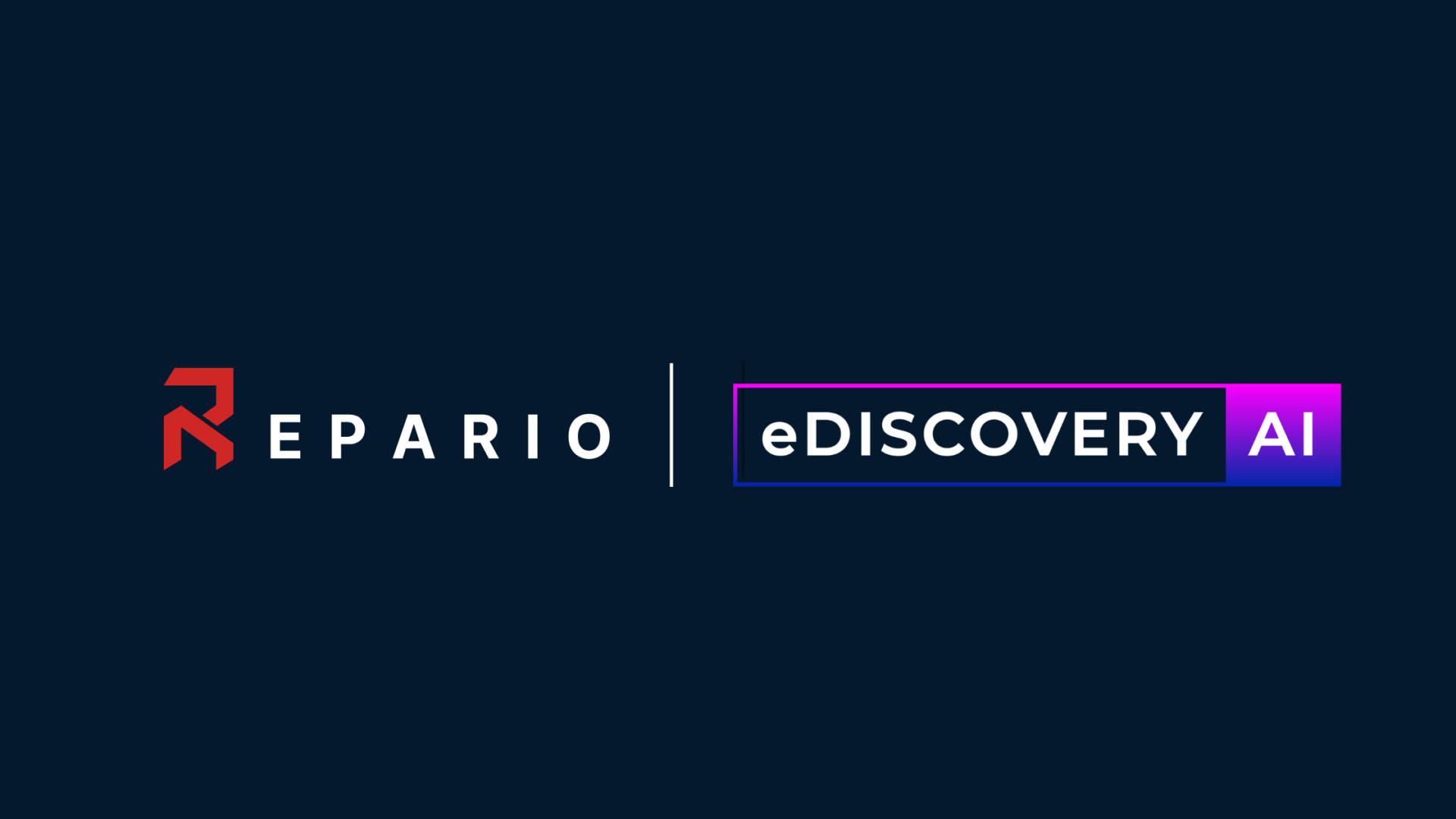The Benefits Of Collecting Native Files During Discovery

Collecting native files during the discovery process is crucial for ensuring the integrity of data and streamlining the legal process. By collecting data in its original format, organizations can preserve metadata and file structure, making it easier to identify and produce relevant information.
One of the key benefits of native file collection is that it allows for the use of native file processing, advanced analytics and technology-assisted review (TAR) tools. These tools can help identify and classify data, making it easier to locate and produce relevant information. They can also help eliminate duplicate data, reducing the amount of data that needs to be reviewed.
Additionally, native file collection enables proper organization and categorization of data. This includes tagging and labeling data to make it easily searchable, as well as grouping similar documents together to make the review process more efficient. By organizing and categorizing data, the review process becomes more efficient and accurate, reducing the risk of missing important information.
Another important benefit of native file collection is that it is more cost-effective than other methods of data collection. By collecting data in its native format, organizations can avoid the costs associated with converting data to a different format, such as additional software or hardware.
In conclusion, native file collection is a vital aspect of legal discovery that ensures the integrity of the data being collected, streamlines the organization and categorization of collected ESI, and reduces cost. It is crucial for organizations to prioritize native collections during the forensic stage of discovery to conduct the process effectively and efficiently.




